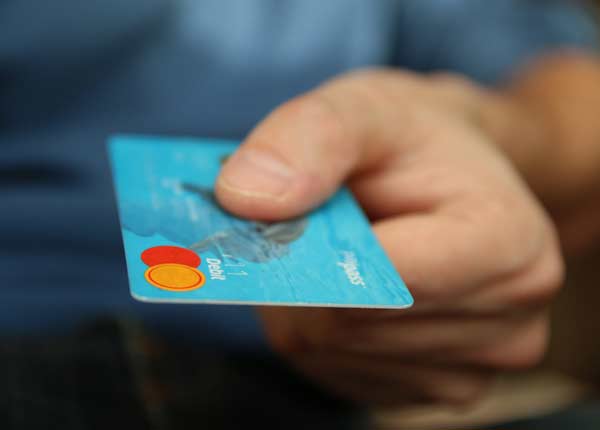Traveling with money is easy. Traveling with no money is difficult unless you have some form of skill to use on the road to bring in some cash.
Realistically, you do need some starting cash, but not much. Before I started traveling I thought you needed piles of money. Not the case. You can get started traveling for $1000 if you know what you’re doing. Cheap flights, inexpensive meals, planned routes and having quality gear will all be important to getting started.
However, $1000 is not a lot of money and if you don’t know what you’re doing, you’ll be back in your parents spare bedroom in no time. I don’t recommend trying to start with only $1000 if you’re completely new to traveling. It’s a risky move.
Here are the key tips to be able to travel with little money:
When it comes to buy gear, like backpacks, keep an eye out for good deals online 6-12 months before you plan to travel.
Buy good gear. Quality will last longer an make it so you don’t have to buy the same item over and over. Read reviews on Amazon and compare alternatives.
Learn how to find super cheap flights. There are a number of strategies to find cheap flights. Start with Google Flights and scan Reddit Travel for other ideas. There are a ton of ways to get flights for half the price that people normally pay.
Learn how to cook simple meals and eat light. In other words, the less you spend on food, the less money you need to travel. One of my friends would carry a pack of oatmeal so she could whip up a meal quickly and save $5 in the process. I carry around nuts, trail mix and protein bars. I skip 1-2 normal meals per day even though meals are inexpensive where I travel, just because each week it probably saves me about $50. That really adds up with time.
Plan your trips mindfully. Avoid accidentally ending up at expensive destinations. Look up hostel prices to gauge roughly a nights cost. Before you go on 3 inexpensive busses, see if there is one direct medium price bus that could be less expensive than the three other busses.
Learn skills to make money on the road. I’ve bet bartenders, jugglers, crafts makers, computer specialists, hostel workers, airline workers, kayak tour guides and other specialized workers. The point is, learn something you can do on the road. Even if you earn only $10 per day, that means you can stretch your existing savings even longer.
Here are the other considerations you must think of.
It depends on where you want to go.
Every area of the world has expensive and inexpensive places. A suburb of a city in Mexico is much less expensive than the heart of the city. Similarly, skip Mexico and go to Nicaragua and now a beer is only $0.50. Eastern Europe has cheap areas. Asia has cheap areas. Africa has cheap areas. You can still visit expensive areas, as long as you plan short day trips and keep your spending on food/travel low.
It depends if you’re good with money.
If you’re frugal and good at stretching your money, you are already winning the travel game. However, if you’re not frugal, or don’t know how to have fun for really cheap, you will burn through your cash quickly. Start off learning how to be frugal. Long-term travelers are masterful at using $10 to get $20 worth of goods. Buy things that last. Spend money on only the necessities. Don’t spend money at airports. Stock up on small items that you use when you find it for really cheap.
It depends on if your lifestyle has high maintenance requirements.
If you have a lot of debt, children, high medical bills, or expect to do all of the “finer” things in your travels, then you may run into complications. Life costs money, but trying to live frugally with high maintenance costs still might not be enough to allow you to travel. If that’s the case, you need to budget carefully and really know what you’re jumping into.
It depends on if you have the ability to make money while you travel.
Making money while you travel can save you. If you plan long-term travel you either need a lot of savings or to have some way to bring in money while you travel. Any skill is better than no skills. Whether that’s sales, knowing multiple languages, service work, computer work…anything. It will also help you meet people very fast.
These are my main tips for traveling with little to no money. If you have no money, then get skills that can turn into money. Then save up a small sum of cash, work out the numbers in a spreadsheet, and prepare yourself to work on the road.
Happy travels!


